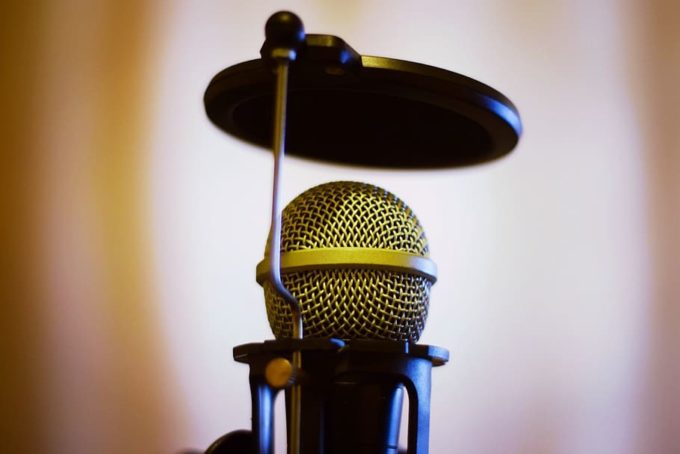
Reed v. Bernard: Third Circuit Finds No First Amendment Right to Verbatim Record of Judicial Proceedings
By Zachary Sorenson — Edited by Sibo Wang
Reed v. Bernard, No. 20-1632 (3d Cir. Sep. 29, 2020)
The First Amendment right of access to judicial proceedings does not require courts to release or allow creation of verbatim recordings of their hearings, the U.S. Court of Appeals for the Third Circuit ruled on September 29, 2020. Reversing an earlier district court decision, the Third Circuit held that journalists and volunteers with the Philadelphia Bail Fund do not have a constitutional right to make audio recordings of bail hearings, even when a court does not publish its own audio recordings or release verbatim transcripts.
Philadelphia’s bail hearings are open to the public, but the municipal court does not transcribe its proceedings or release audio recordings, and court rules prohibit members of the public from creating their own. An independent journalist and the Philadelphia Bail Fund, a nonprofit organization, challenged these restrictions in a lawsuit, arguing that the recording ban is unconstitutional because it prevents them from accessing a verbatim record of bail hearings.
The U.S. District Court for the Eastern District of Pennsylvania agreed, holding that “the scales tip in favor of the public's right to audio-record … where the court has a policy or custom not to make official audio recordings or transcripts of its own.” As the District Court recounted, the Supreme Court has held that the First Amendment’s protections of freedom of speech and of the press necessarily include a qualified right of public access to criminal trials and judicial records. This access, the Supreme Court held, helps ensure a free and informed discussion of governmental affairs and to allow the public to participate in and act as a check on the judicial process. The district court determined that the Philadelphia rules violate that right without an adequate overriding justification and ordered the Philadelphia Municipal Court to either publicly release official recordings or transcripts of bail hearings or to allow attendees to record their own.
On appeal, the Third Circuit acknowledged that the First Amendment right of access to the courtroom includes not only physical attendance but also access to any documents produced during the proceedings. However, it reversed the lower court’s ruling and held that this right of access does not extend to “an affirmative requirement that the judiciary create or allow the creation of verbatim records of its proceedings.” Writing for the majority, Judge Greenberg, a Reagan appointee, suggested that while requiring a transparent, verbatim record of bail hearings may be good policy, this level of access is not a constitutional right.
In a lengthy dissent, Judge Krause, an Obama appointee, countered that allowing courts to ban audio recordings “eviscerate[s]” the First Amendment right of access, depriving the public of vital access to information regarding hotly debated aspects of the criminal justice system. Further, she warned that the ruling’s reasoning applies not only to bail hearings, but to all judicial proceedings that the public has a constitutional right to access.
The decision comes as the use of cash bail is being scrutinized in Pennsylvania and across the country for its disproportionate burden on low-income defendants. A special master appointed by the Pennsylvania Supreme Court recently reviewed Philadelphia’s cash bail system, compiling a range of legislative and administrative recommendations including restructuring judicial administration of the bail system, recording preliminary hearings, and providing additional training to judges. In an interview with the Philadelphia Inquirer, District Attorney Larry Krasner criticized the Third Circuit’s decision in Reed v. Bernard as a setback to reform. “We need accountability in the bail process so we can try to improve it,” he said. “When you don’t have the right to record, it makes it a lot harder.”
Nicolas Riley, a lawyer with Georgetown University’s Institute for Constitutional Advocacy and Protection who represented the Bail Fund in this case, said the plaintiffs were still determining how to proceed after the reversal. As it currently stands, the Third Circuit’s decision preserves status quo rules banning audio recordings in Philadelphia municipal court.
Zachary Sorenson is a 1L at Harvard Law School.